Portal:Theatre
The Theatre Portal
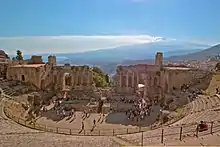
Theatre or theater is a collaborative form of performing art that uses live performers, usually actors or actresses, to present the experience of a real or imagined event before a live audience in a specific place, often a stage. The performers may communicate this experience to the audience through combinations of gesture, speech, song, music, and dance. It is the oldest form of drama, though live theatre has now been joined by modern recorded forms. Elements of art, such as painted scenery and stagecraft such as lighting are used to enhance the physicality, presence and immediacy of the experience. Places, normally buildings, where performances regularly take place are also called "theatres" (or "theaters"), as derived from the Ancient Greek θέατρον (théatron, "a place for viewing"), itself from θεάομαι (theáomai, "to see", "to watch", "to observe").
A theatre company is an organisation that produces theatrical performances, as distinct from a theatre troupe (or acting company), which is a group of theatrical performers working together. (Full article...)
Featured article
.jpg.webp)
Featured pictures
In this month

- October 1971 – Michael Billington, Britain's longest-serving theatre critic, joined The Guardian
- 1 October 1684 – Death of Pierre Corneille, often called the "founder of French tragedy"
- 6 October 1952 – Premier of Agatha Christie's The Mousetrap, the longest running show in London's West End
- 10 October 1881 – Opening of the Savoy Theatre in London, built by impresario Richard D'Oyly Carte
- 16 October 1854 – Birth of Oscar Wilde, whose plays include Salome and The Importance of Being Earnest
- 17 October 1896 – First performance of Anton Chekhov's (pictured) The Seagull was booed by the audience and Chekhov decided that he was finished writing plays
- 23 October 1969 – Announcement that Samuel Beckett won the Nobel Prize in Literature
- 28 October 1994 – Premier of 'Art', an award-winning play by French playwright Yasmina Reza
Featured biography

Did you know (auto-generated) -
- ... that Gloria Gould, the manager of New York City's Embassy Theatre, wanted an all-woman staff because women "were more efficient than men"?
- ... that the Theatre Royal, Southampton, which Jane Austen visited in 1807, was described in 2013 as having "morphed into a hideous high-rise"?
- ... that although ballerina Cynthia Harvey spent most of her career with the American Ballet Theatre, she was also the first American principal dancer with the Royal Ballet in London?
- ... that John Matthews's pension was suspended because he was accused of leading a call for a theatre performance to play "Yankee Doodle" and "Hail, Columbia"?
- ... that many fans of Ayub Bachchu's Bangladeshi rock watched the film Loot Toraj in theaters just to hear the love song "Ananta Prem Tumi Dao Aamake"?
- ... that in the musical Fermat's Last Tango, mathematicians Euclid and Newton are played by women?
Selected quote
Related portals
WikiProjects
- Main project
Theatre
![]()
- Descendant projects
- New York Theatre
- Musical Theatre
- Sister projects
- Dance
- Ballet
- Opera
- Gilbert and Sullivan
- Richard Wagner
- Magic
- Stagecraft
- Drum Corps
- Literature
- Shakespeare
- Circus
More did you know
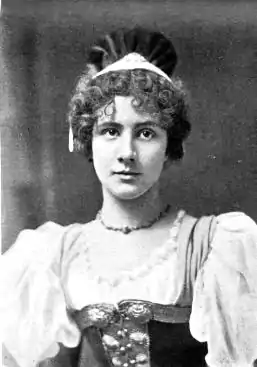
- ...that English opera singer and actress Florence Perry (pictured) was best known for her performances with the D'Oyly Carte Opera Company in the late 19th century?
- ...that the Cockpit Theatre was the first theatre in London's Drury Lane?
- ...that although the Park Theatre was considered the highest-class playhouse in New York City, Edgar Allan Poe criticized it for being infested by rats?
Topics
Recognized content
Extended content | ||
|---|---|---|

Featured articles
Featured lists
Good articles
Featured pictures
Featured portalsGood topics
Featured sounds
|
Categories
Things you can do
 |
|

A list of articles needing cleanup associated with this project is available. See also the tool's wiki page and the index of WikiProjects.
Associated Wikimedia
The following Wikimedia Foundation sister projects provide more on this subject:
-
 Commons
Commons
Free media repository -
 Wikibooks
Wikibooks
Free textbooks and manuals -
 Wikidata
Wikidata
Free knowledge base -
 Wikinews
Wikinews
Free-content news -
 Wikiquote
Wikiquote
Collection of quotations -
 Wikisource
Wikisource
Free-content library -
 Wikiversity
Wikiversity
Free learning tools -
 Wiktionary
Wiktionary
Dictionary and thesaurus
-
 List of all portalsList of all portals
List of all portalsList of all portals -
 The arts portal
The arts portal -
 Biography portal
Biography portal -
 Current events portal
Current events portal -
 Geography portal
Geography portal -
 History portal
History portal -
 Mathematics portal
Mathematics portal -
 Science portal
Science portal -
 Society portal
Society portal -
 Technology portal
Technology portal -
 Random portalRandom portal
Random portalRandom portal -
 WikiProject PortalsWikiProject Portals
WikiProject PortalsWikiProject Portals




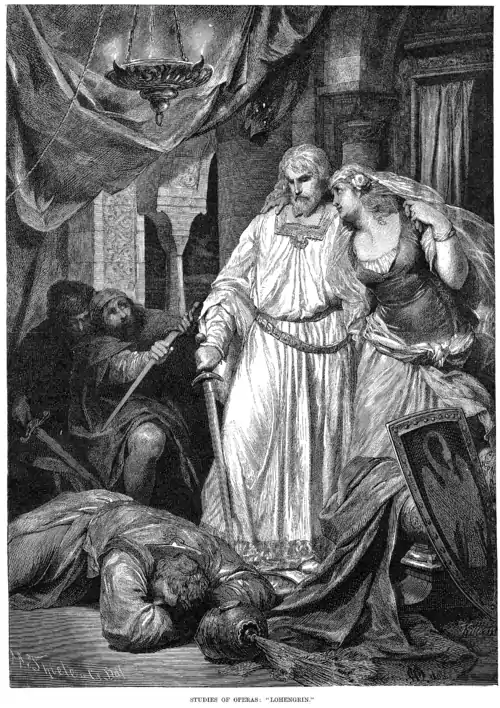
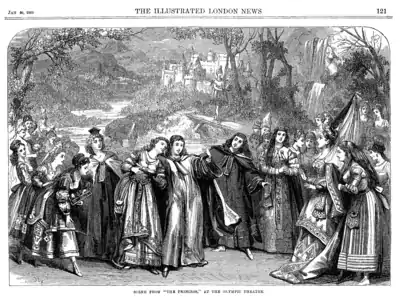
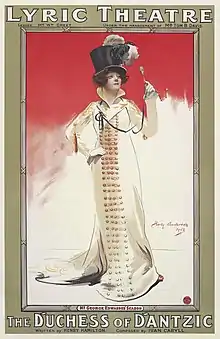
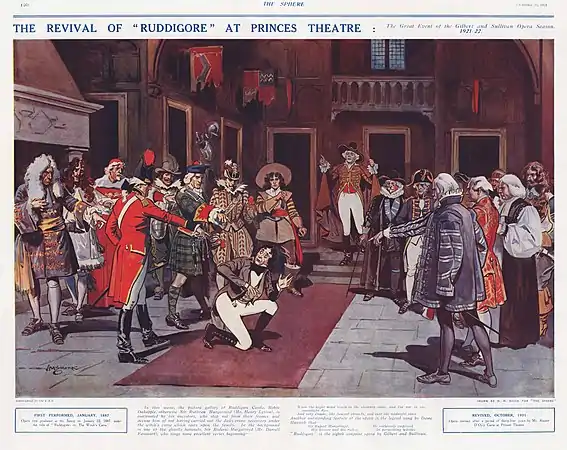
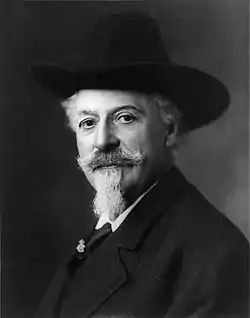
.jpg.webp)

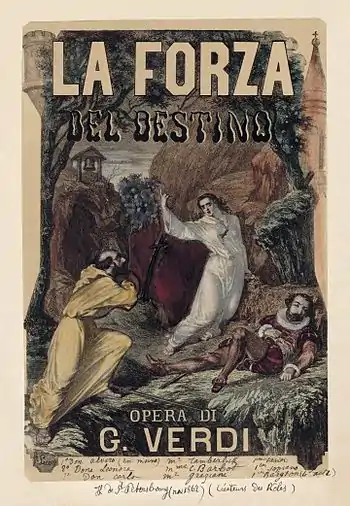
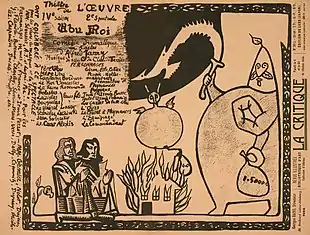
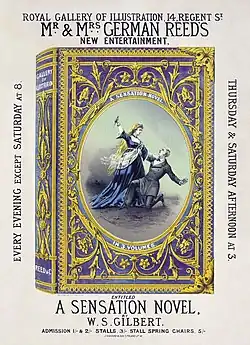
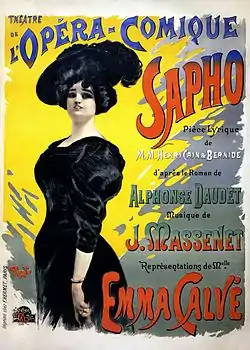
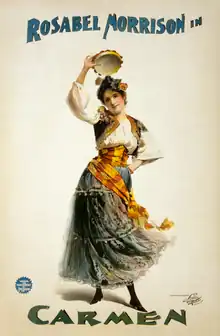
.jpg.webp)
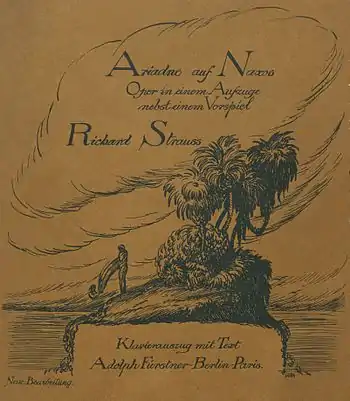

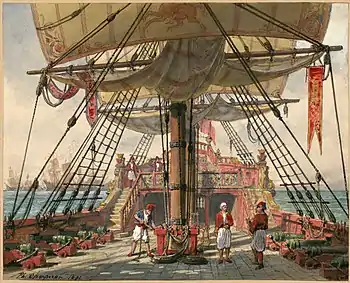
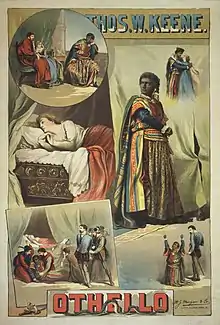
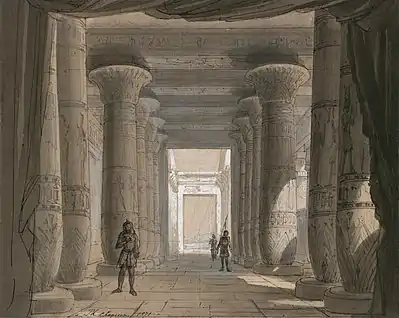

_(edit).jpg.webp)
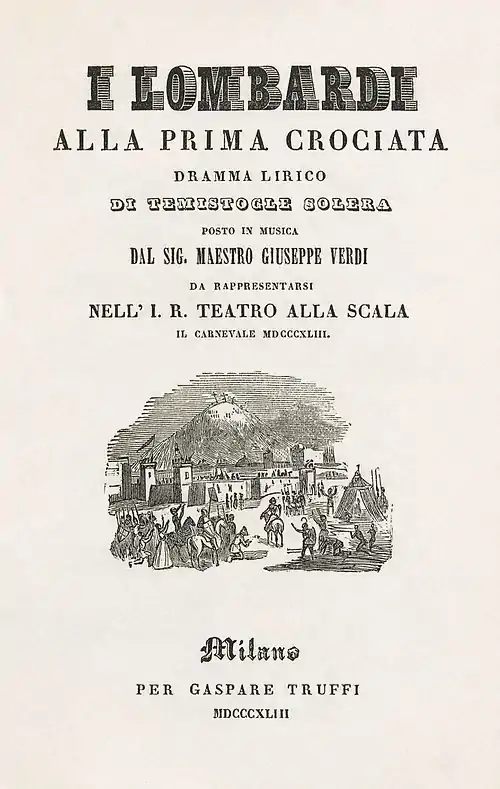
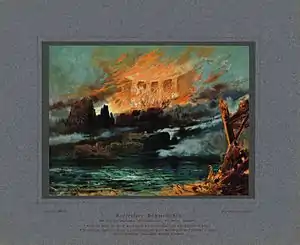
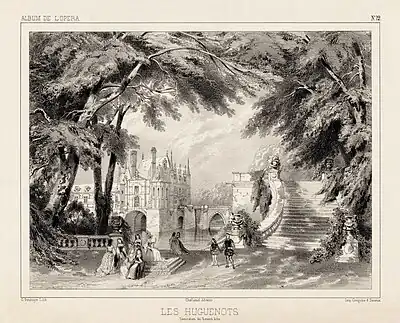
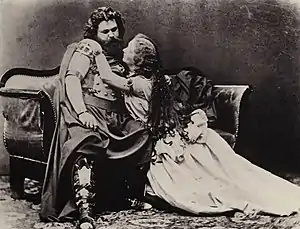
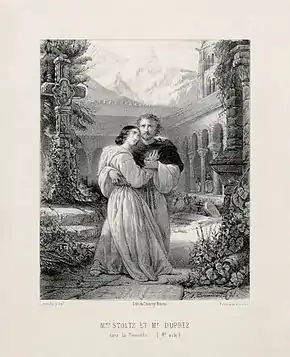
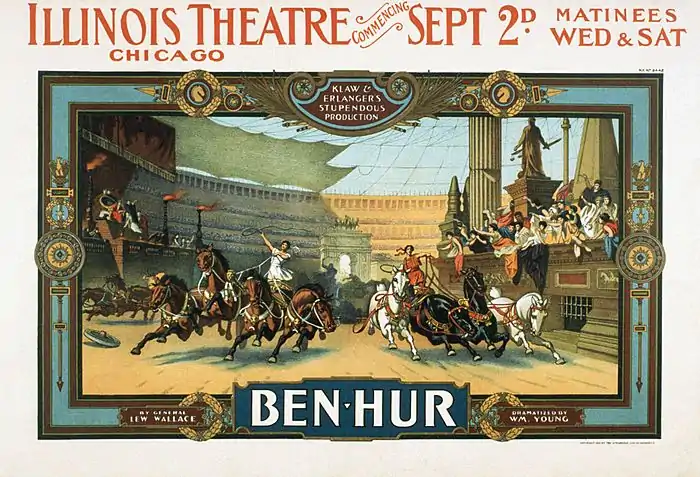
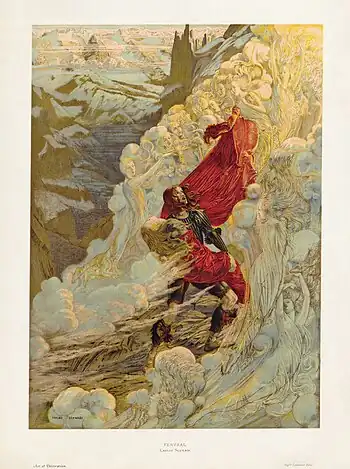

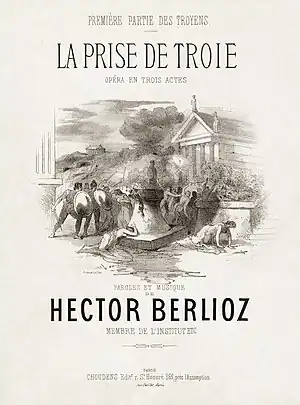
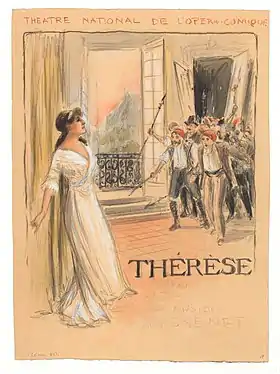
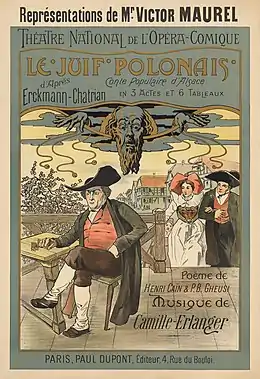

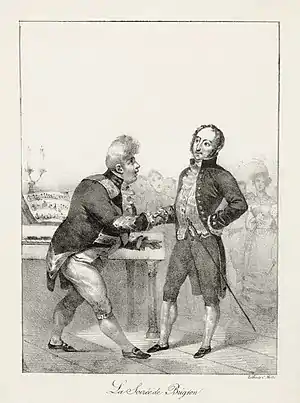
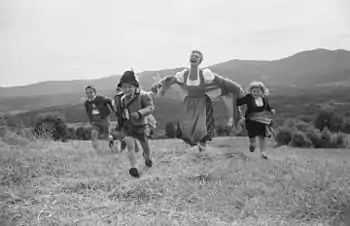
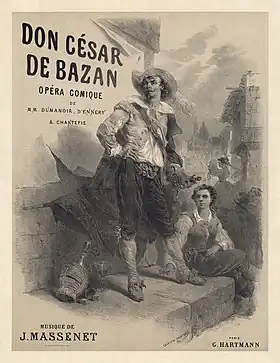




_01_Crisco_edit.jpg.webp)


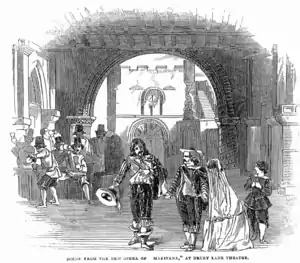
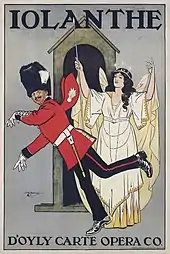
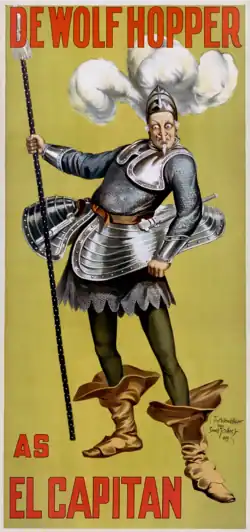
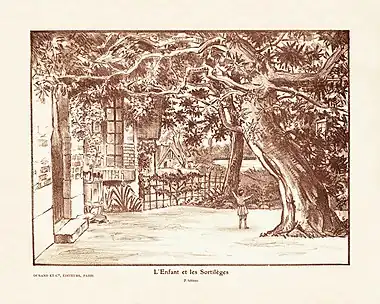
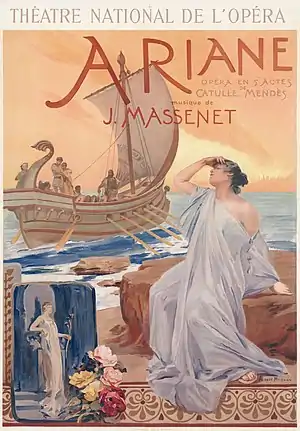
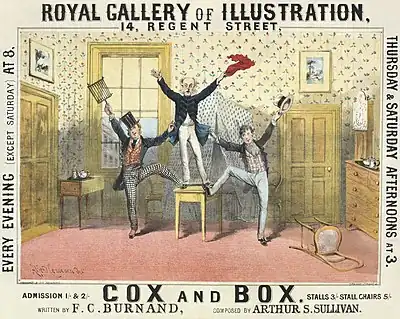
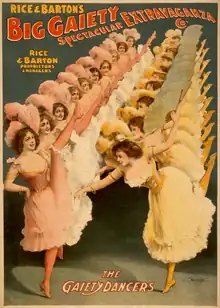
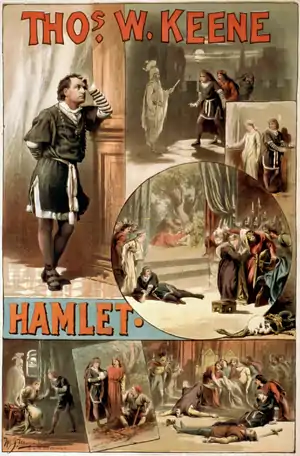




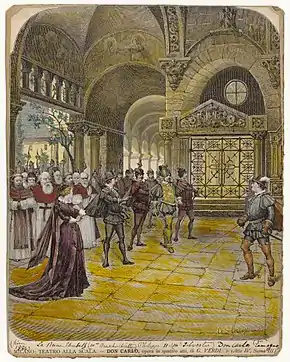
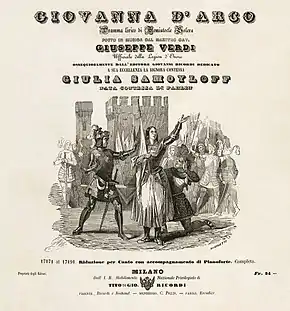


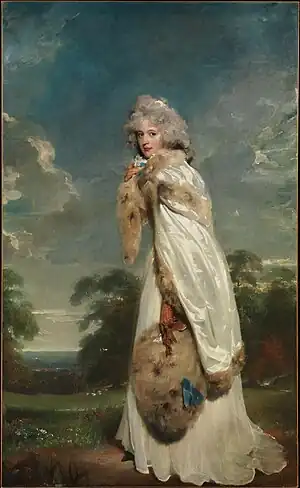

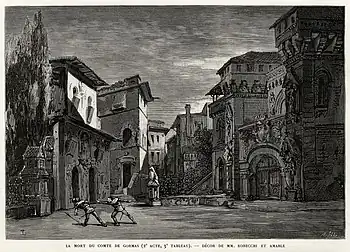

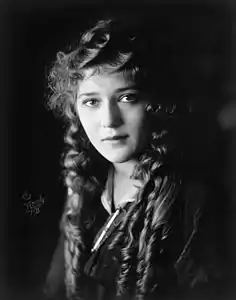
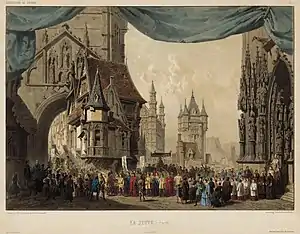

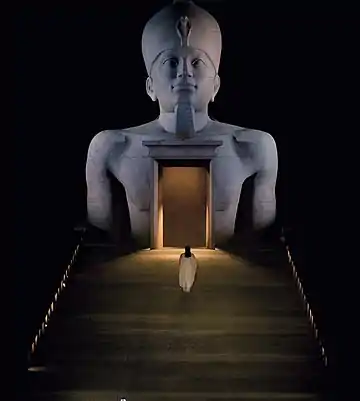

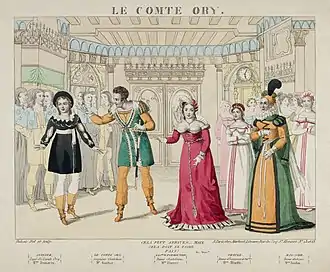
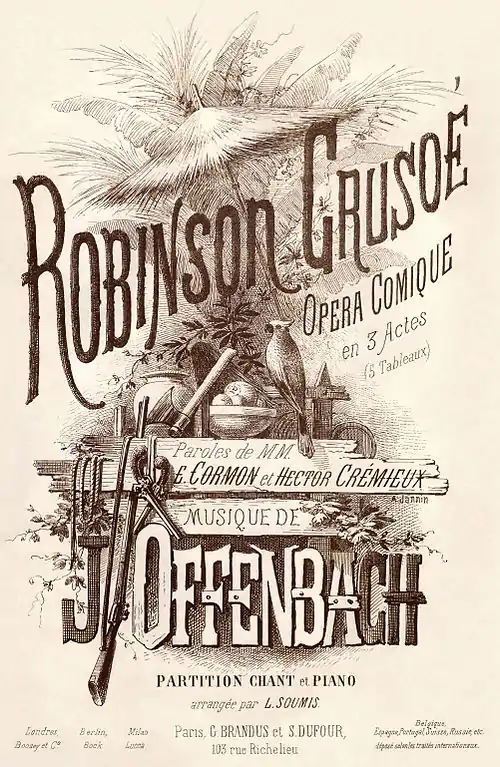
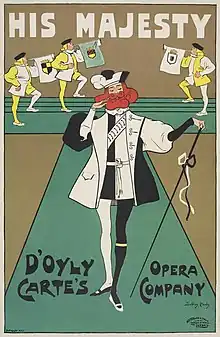
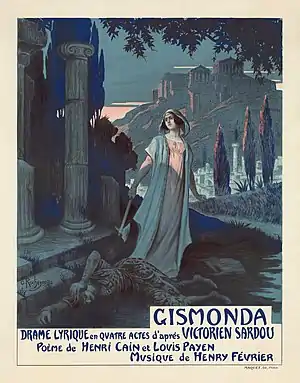
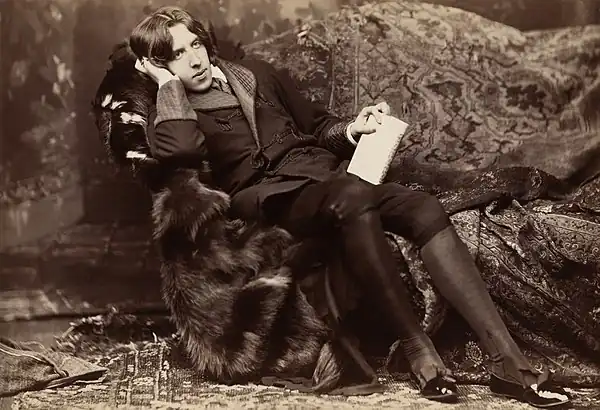

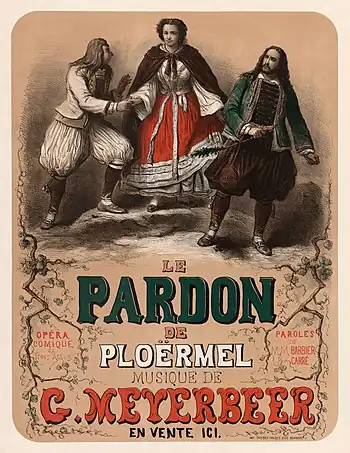


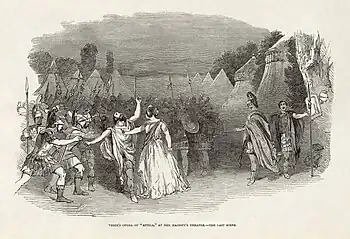
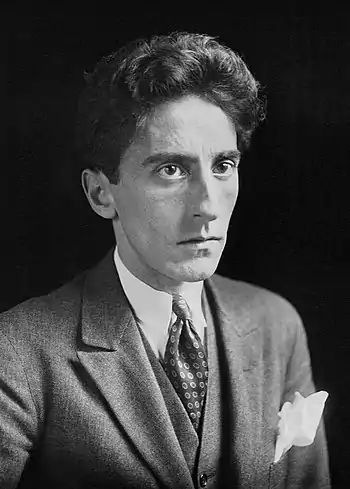

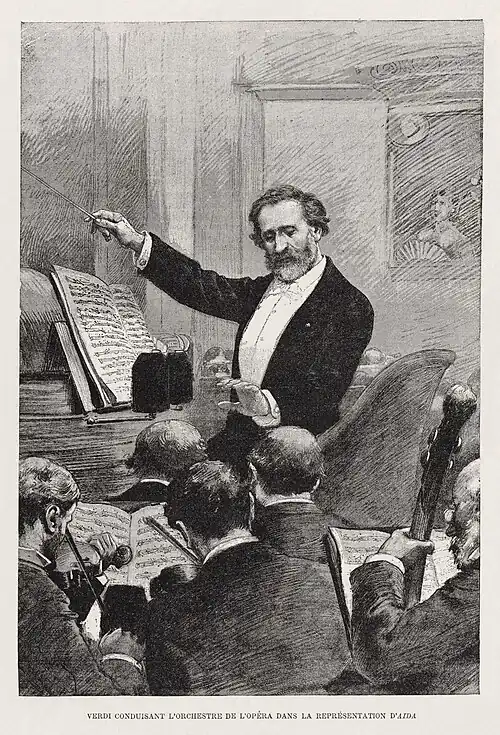
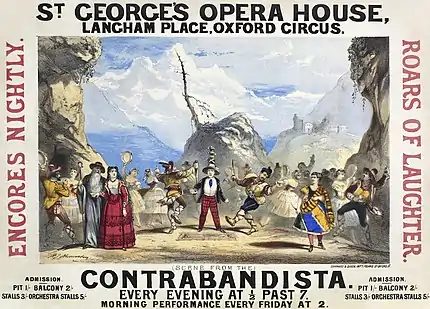
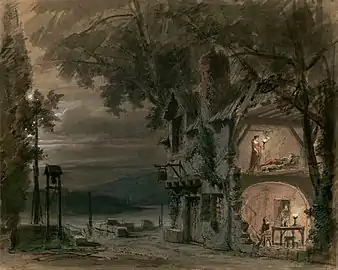
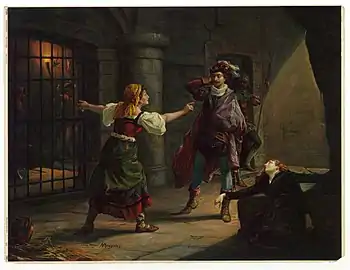
.jpg.webp)
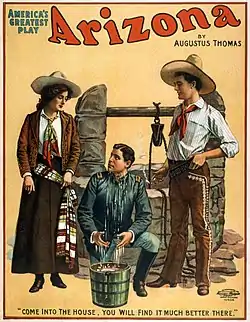

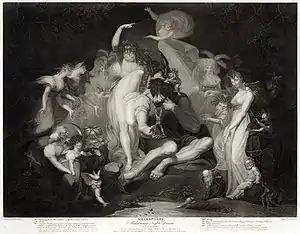
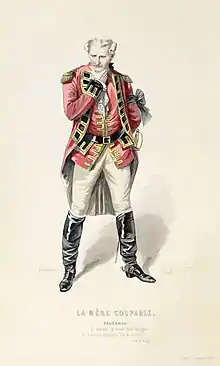
.jpg.webp)
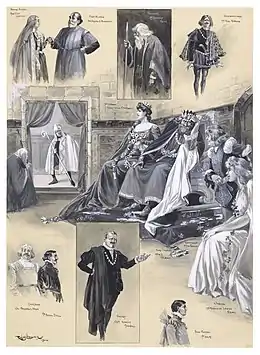

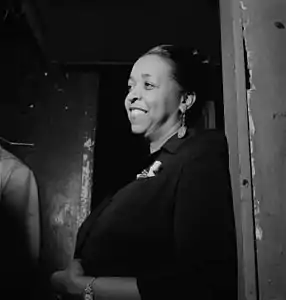
.jpg.webp)

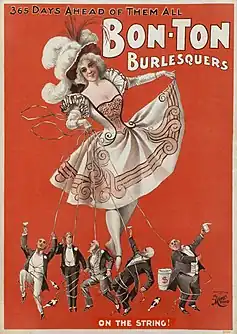

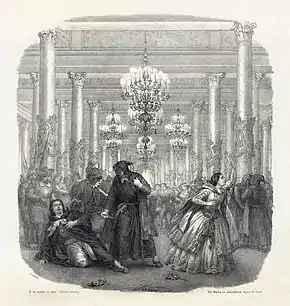

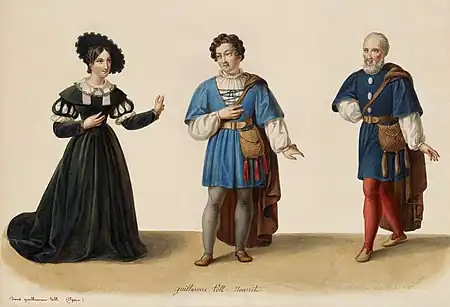
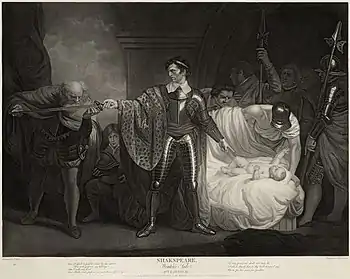
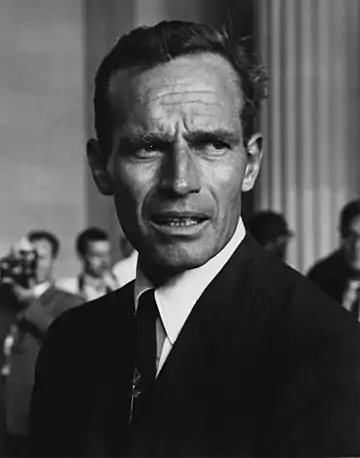
_-_Les_contes_d'Hoffmann_by_Jacques_Offenbach%252C_Giulietta_act.jpg.webp)
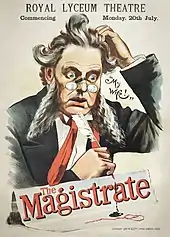
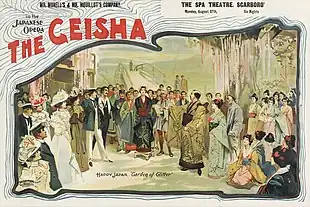

.jpg.webp)
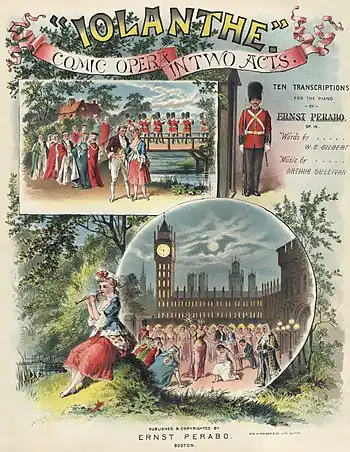
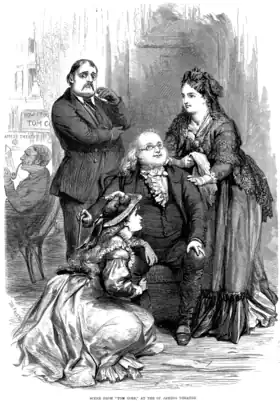


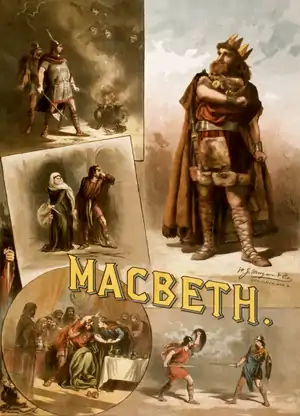
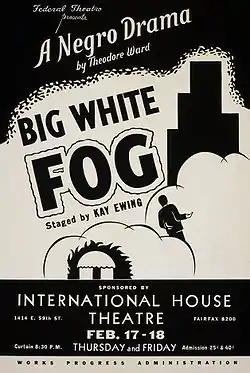

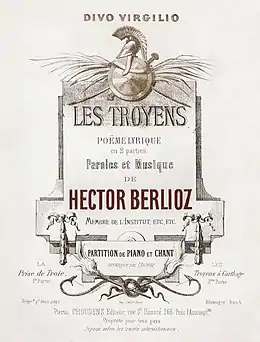
.jpg.webp)
_-_Les_contes_d'Hoffmann_by_Jacques_Offenbach%252C_prologue.jpg.webp)
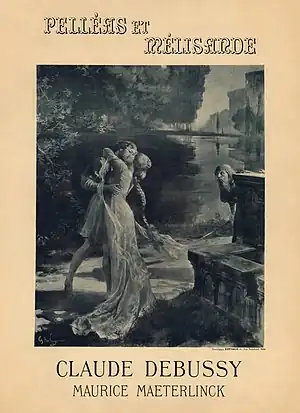
.jpg.webp)
.jpg.webp)
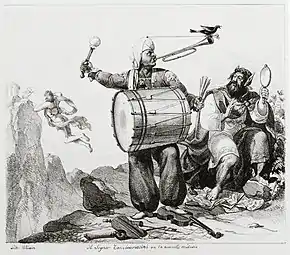
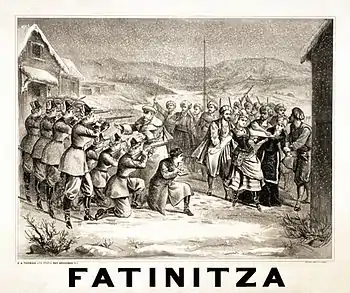

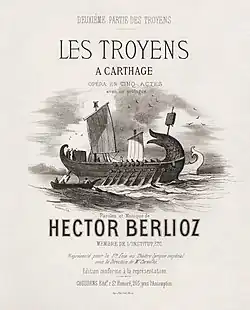

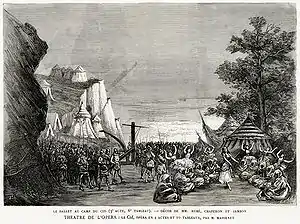
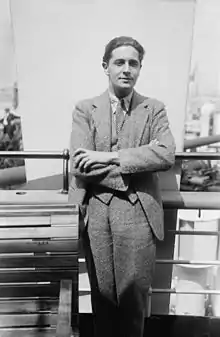
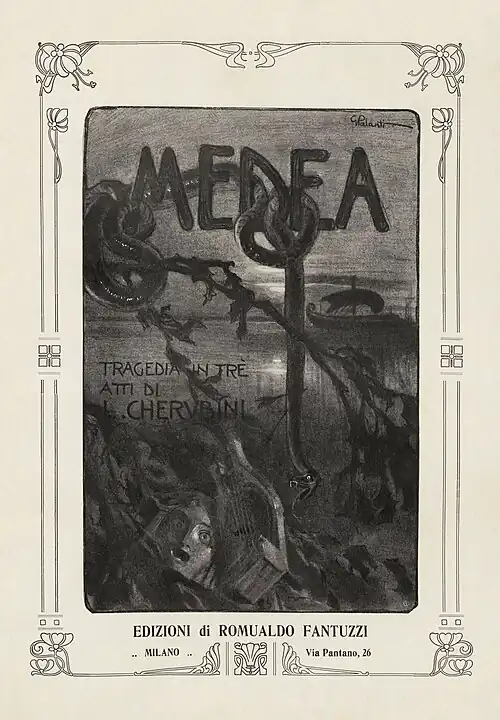

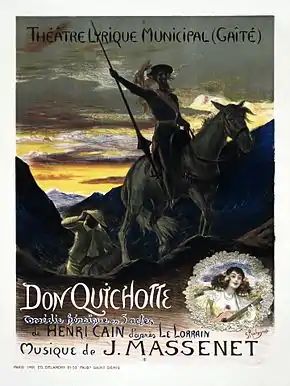
_-_Les_contes_d'Hoffmann_by_Jacques_Offenbach%252C_Olympia_act.jpg.webp)
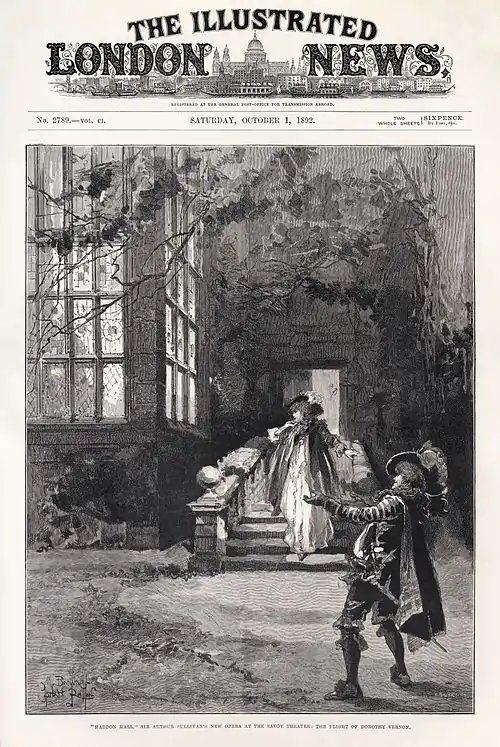
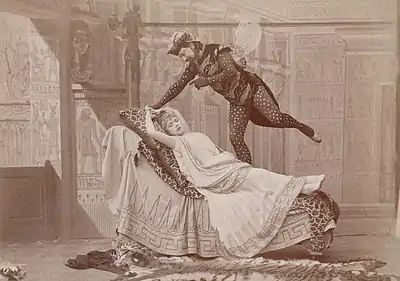
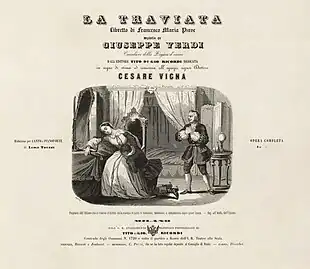

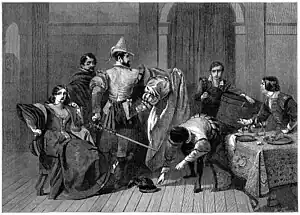
%252C_in_the_title_r%C3%B4le_of_Nina_(Scene_V).jpg.webp)
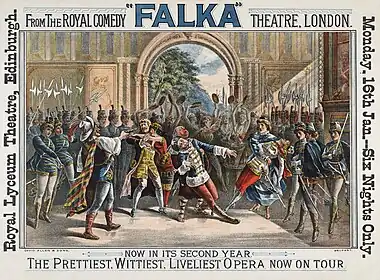
.jpg.webp)
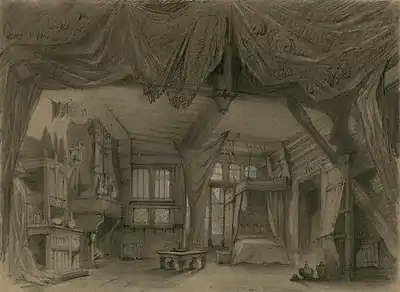
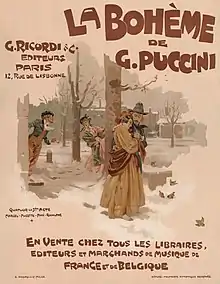



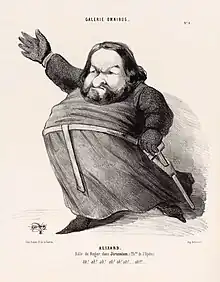

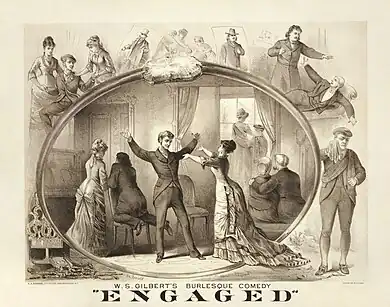

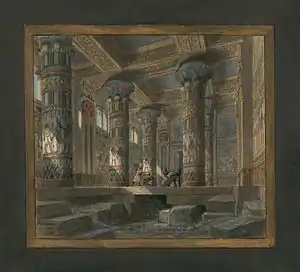
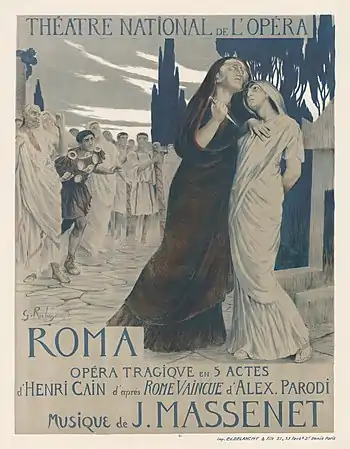


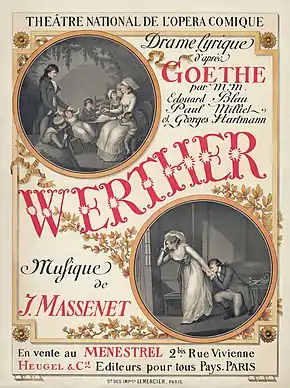
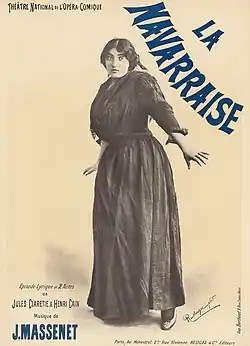
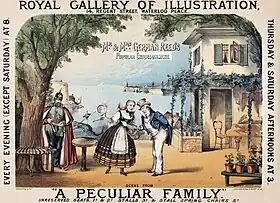
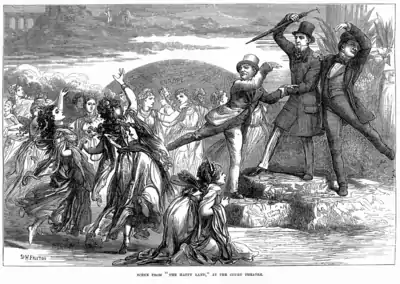
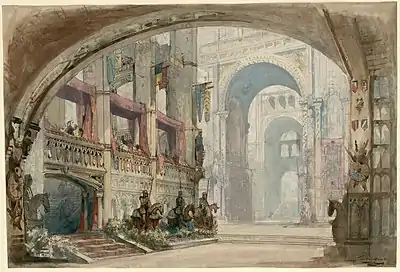

.jpg.webp)
_as_Ariel.jpg.webp)
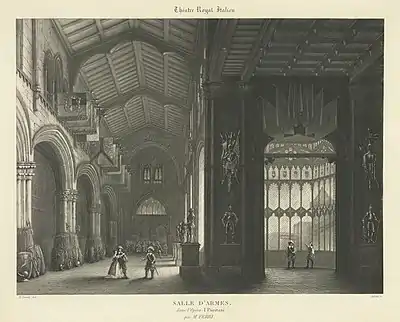

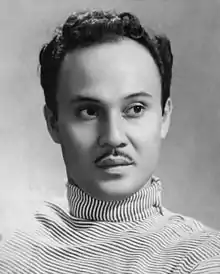
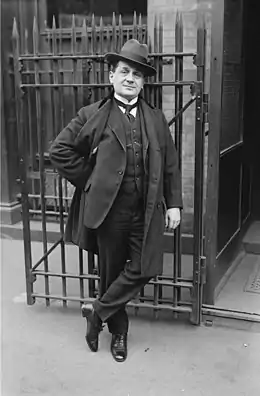
_-_Archivio_Storico_Ricordi_FOTO000794_-_Restoration.jpg.webp)
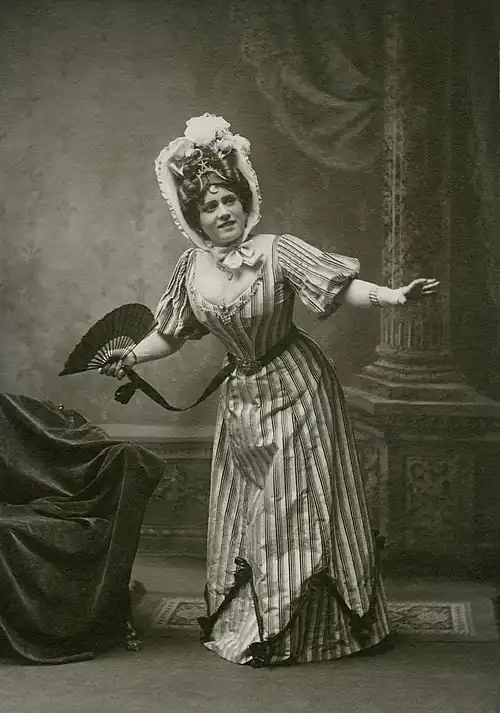
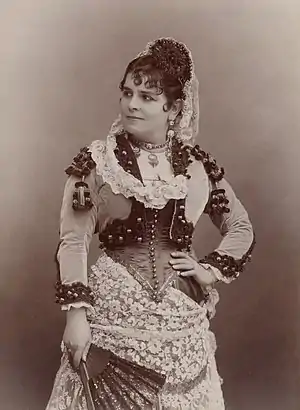
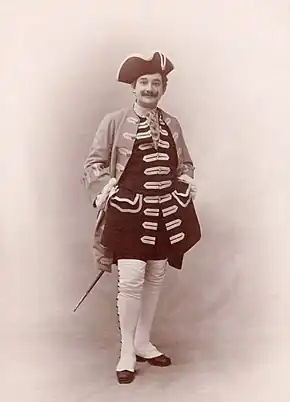

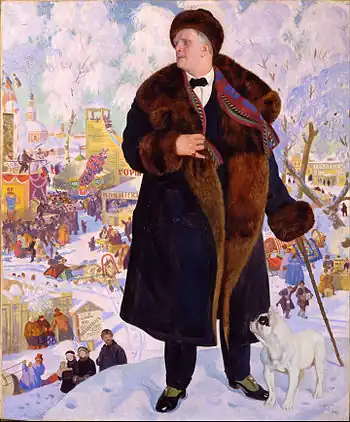

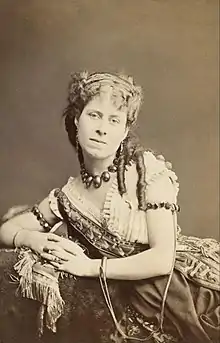
_by_Nadar.jpg.webp)
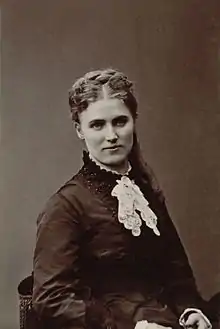
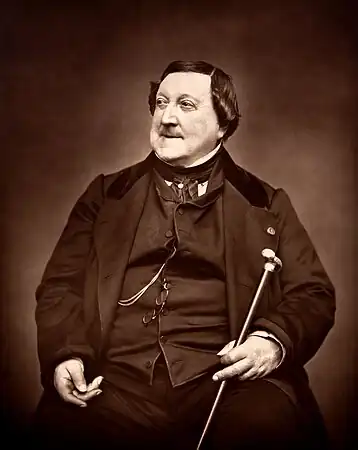
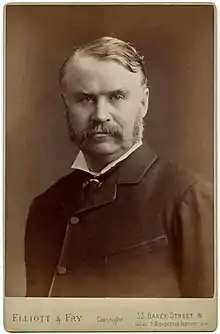
_by_Zaida_Ben-Yusuf.jpg.webp)
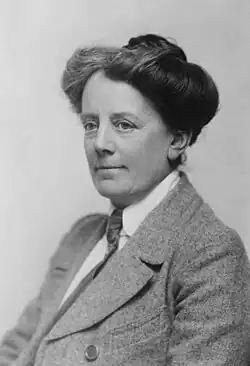
.jpg.webp)

_-_Archivio_Storico_Ricordi_FOTO002691_-_Restoration.jpg.webp)
.jpg.webp)
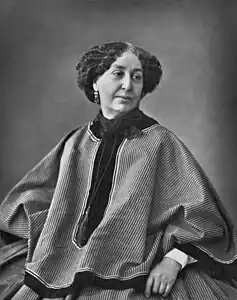
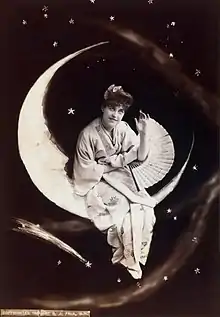
_-_Archivio_Storico_Ricordi_FOTO003293_-_Restoration.jpg.webp)
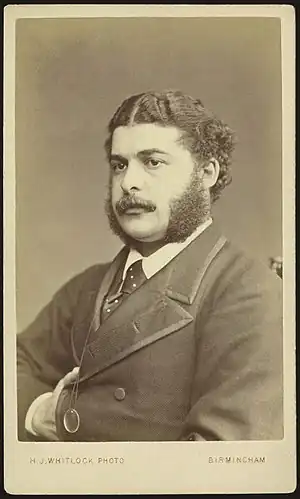
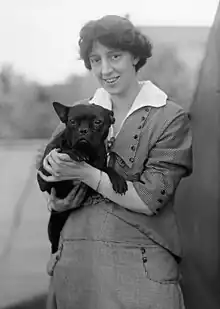
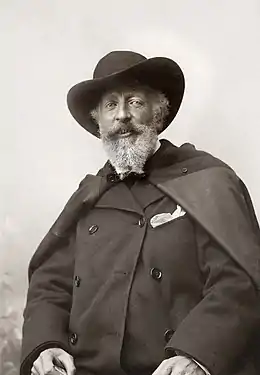

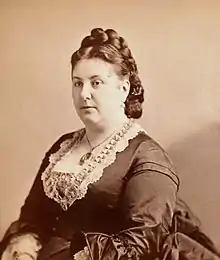
.jpg.webp)
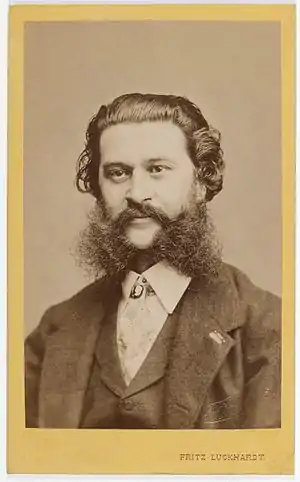
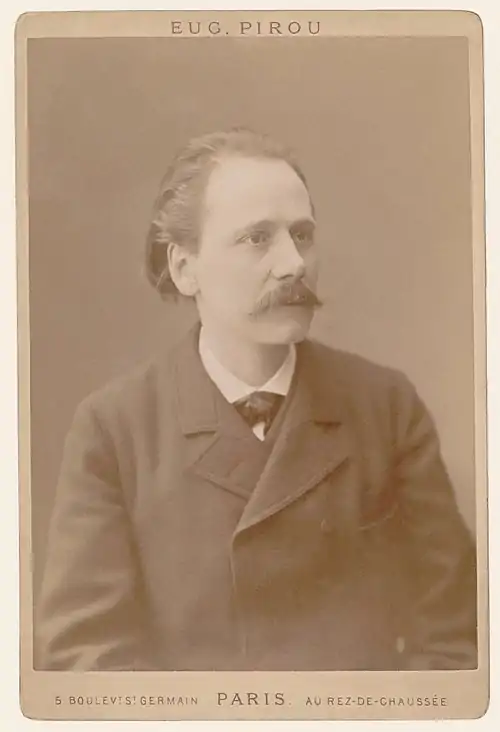
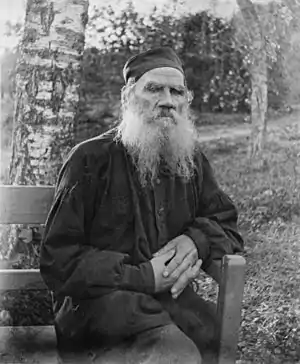
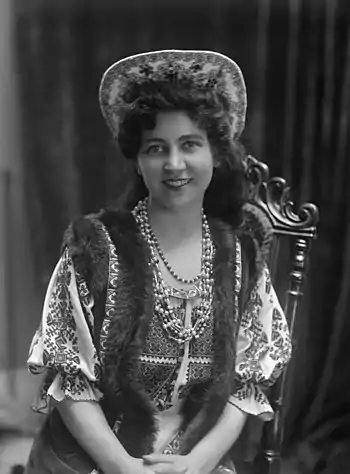
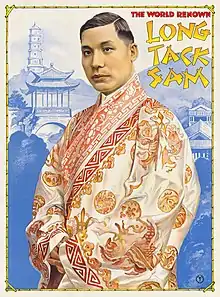
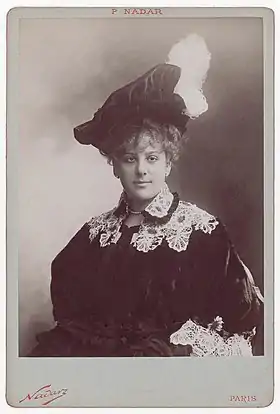
.jpg.webp)
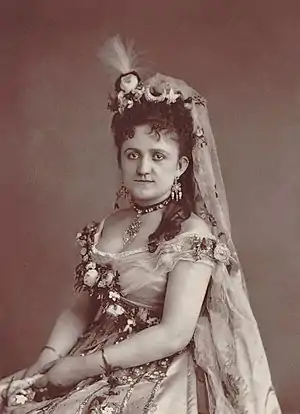
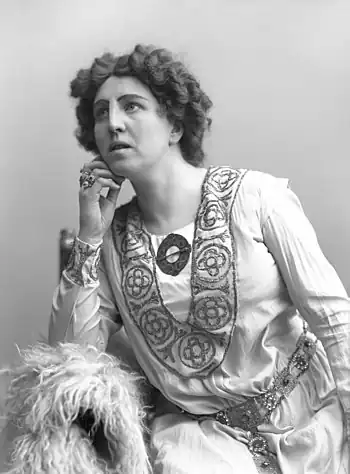
_-_Archivio_storico_Ricordi_FOTO003107_-_Restoration.jpg.webp)

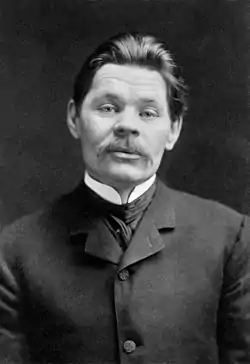
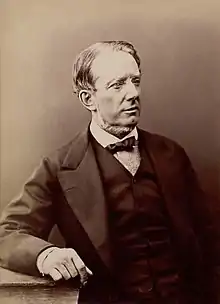
_-_Google_Art_Project_2.jpg.webp)
.jpg.webp)
.jpg.webp)
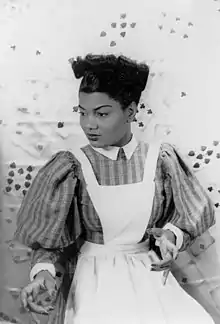
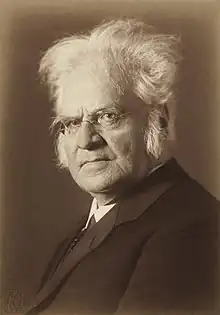
_-_Archivio_Storico_Ricordi_FOTO002701_-_Restoration.jpg.webp)
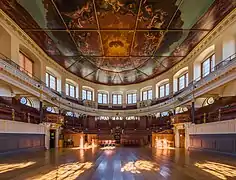

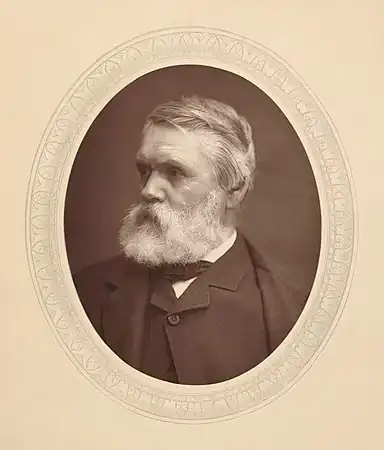

.jpg.webp)